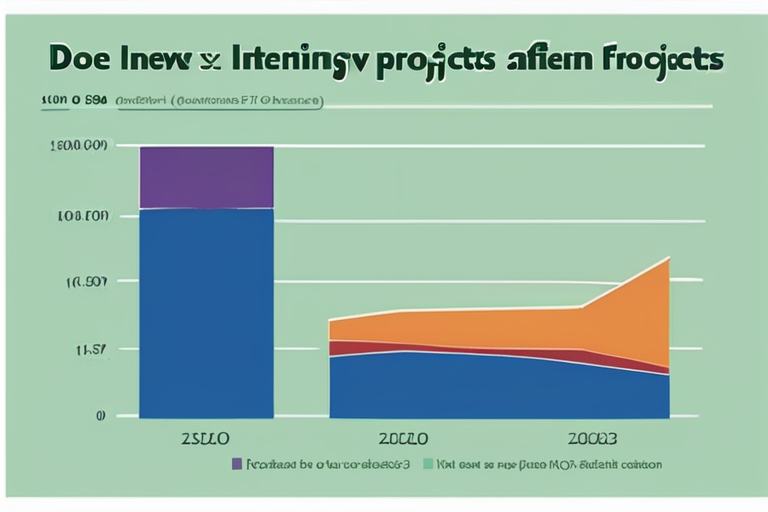The Environmental Protection Agency (EPA) granted exemptions from biofuel blending mandates to refineries owned by HF Sinclair Corp. and Phillips 66 Co. in a move that has significant implications for the energy industry. The agency acted on 16 petitions for eight refineries, granting full or partial exemptions from annual blending quotas dating back to 2021 for 14 of the petitions.
According to the EPA, the exemptions will save the two companies an estimated $1.2 billion in compliance costs over the next five years. The refineries in question are located in Texas, New Mexico, and Louisiana, and the exemptions will allow them to blend less ethanol into their gasoline.
The EPA's decision is a major victory for the oil industry, which has long argued that the biofuel blending mandates are too costly and burdensome. The mandates, which were introduced as part of the Renewable Fuel Standard (RFS), require oil refiners to blend a certain amount of ethanol into their gasoline each year.
The RFS was designed to promote the use of renewable fuels and reduce greenhouse gas emissions. However, the oil industry has argued that the mandates are too expensive and have led to a surge in the production of corn-based ethanol, which has driven up food prices and contributed to deforestation.
The exemptions granted by the EPA will likely have a significant impact on the energy market. The oil industry is expected to benefit from the reduced compliance costs, which will allow them to invest in other areas of their business. However, the decision may also have negative consequences for the biofuel industry, which relies on the RFS to drive demand for its products.
HF Sinclair Corp. and Phillips 66 Co. are two of the largest oil refiners in the United States. HF Sinclair Corp. operates a network of refineries across the country, while Phillips 66 Co. has a significant presence in the Gulf Coast region. The two companies have been vocal critics of the RFS, arguing that the mandates are too costly and burdensome.
The EPA's decision is the latest development in a long-standing debate over the RFS. The agency has granted exemptions to several refineries in the past, but the decision to grant exemptions to HF Sinclair Corp. and Phillips 66 Co. is significant due to the size and scope of the two companies.
The implications of the EPA's decision are far-reaching and will likely have a significant impact on the energy market. The decision may also have implications for the broader economy, as the oil industry is a significant contributor to the US GDP. As the energy landscape continues to evolve, it will be interesting to see how the EPA's decision plays out in the coming years.
In recent years, the energy industry has undergone significant changes, driven by advances in technology and shifting market dynamics. The rise of renewable energy sources, such as solar and wind power, has led to a decline in the demand for fossil fuels. However, the oil industry remains a significant player in the global energy market, and the EPA's decision is a reminder of the ongoing importance of fossil fuels in the US energy mix.
The future outlook for the energy industry is uncertain, and the EPA's decision is just one of many factors that will shape the market in the coming years. As the industry continues to evolve, it will be interesting to see how the EPA's decision plays out and what implications it will have for the broader economy.
























Share & Engage Share
Share this article